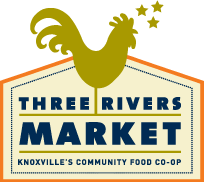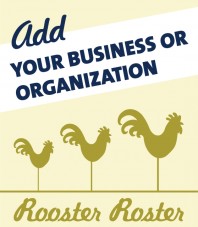Types of Co-ops
Consumer Cooperatives
Consumer cooperatives are owned by the people who buy the goods or use the services of the cooperative. They sell consumer goods such as food and outdoors equipment. They provide housing, electricity and telecommunications. And they offer financial (credit unions), healthcare, childcare and funeral services. Almost any consumer needs can be met by a cooperative. Three Rivers Market is a consumer cooperative.
Producer Cooperatives
Producer cooperatives are owned by people who produce similar types of products-by farmers who grow crops, raise cattle, milk cows, or by craftsmen and artisans. By banding together, they leverage greater bargaining power with buyers. They also combine resources to more effectively market and brand their products, improving the incomes of their Members. Tennessee’s farmer cooperatives are producer cooperatives.
Worker Cooperatives
Worker cooperatives are owned and governed by the employees of the business. They operate in all sectors of the economy and provide workers with both employment and ownership opportunities. Examples include employee-owned food stores, processing companies, restaurants, taxicab companies, sewing companies, timber processors and light and heavy industry. Equal Exchange and the Alvarado Street Bakery are examples of worker cooperatives.
Purchasing/Shared Services Cooperatives
Purchasing and shared services cooperatives are owned and governed by independent business owners, small municipalities and, in some cases, state governments that band together to enhance their purchasing power, lowering their costs and improving their competitiveness and ability to provide quality services. They operate in all sectors of the economy. The National Co+op Grocers is a purchasing/shared services cooperative.











